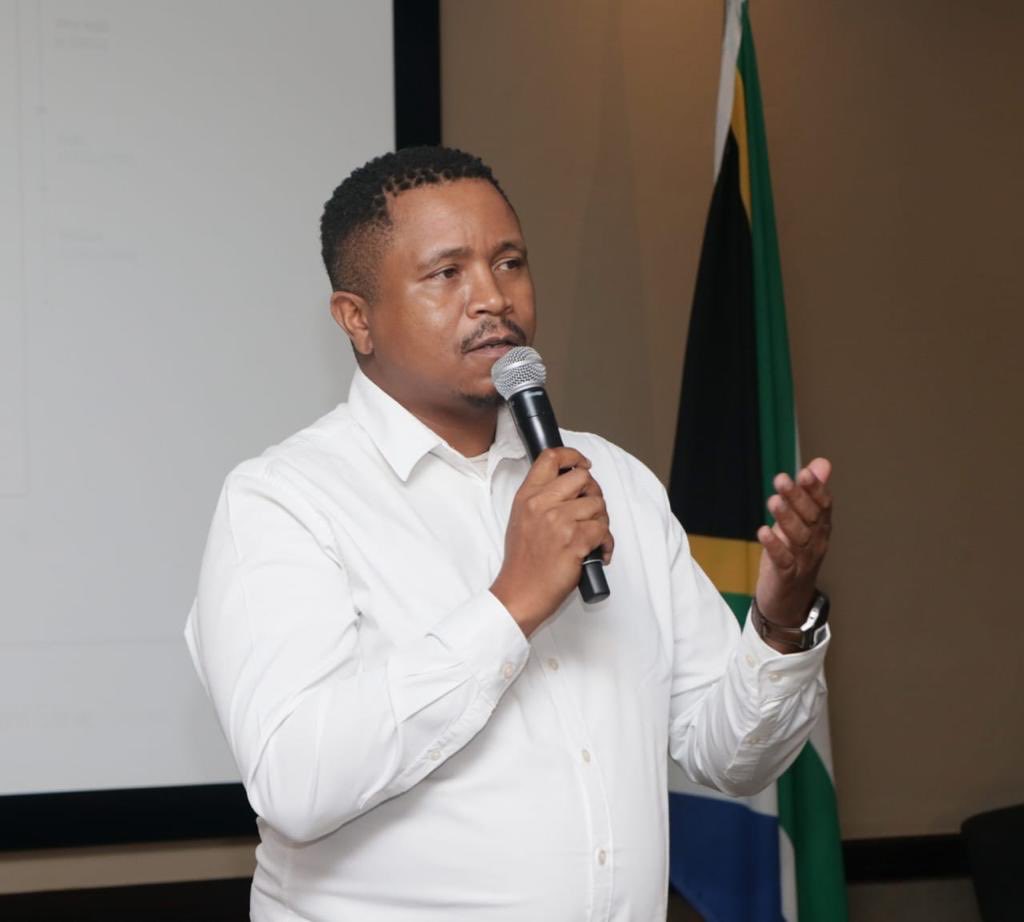As part of Government’s commitment to building a capable state, the National School of Government, in partnership with Kenya School of Government, is hosting the South Africa-Kenya Economic Governance School.
#LeaveNoOneBehind 🇿🇦



#LeaveNoOneBehind 🇿🇦




Discussions cover a wide range of areas including Climate & Just Energy Transition; State Capacity, Innovation & Infrastructure Investment, Trade, Industrialisation, and Fragmenting Supply Chains; Geo-economics and Economic Regulation & Collaborative Leadership for Innovation. 





In this administration we have prioritised building a capable, ethical and developmental state, and the National School of Government has been given the responsibility for implementing this priority. 







• • •
Missing some Tweet in this thread? You can try to
force a refresh

 Read on Twitter
Read on Twitter



